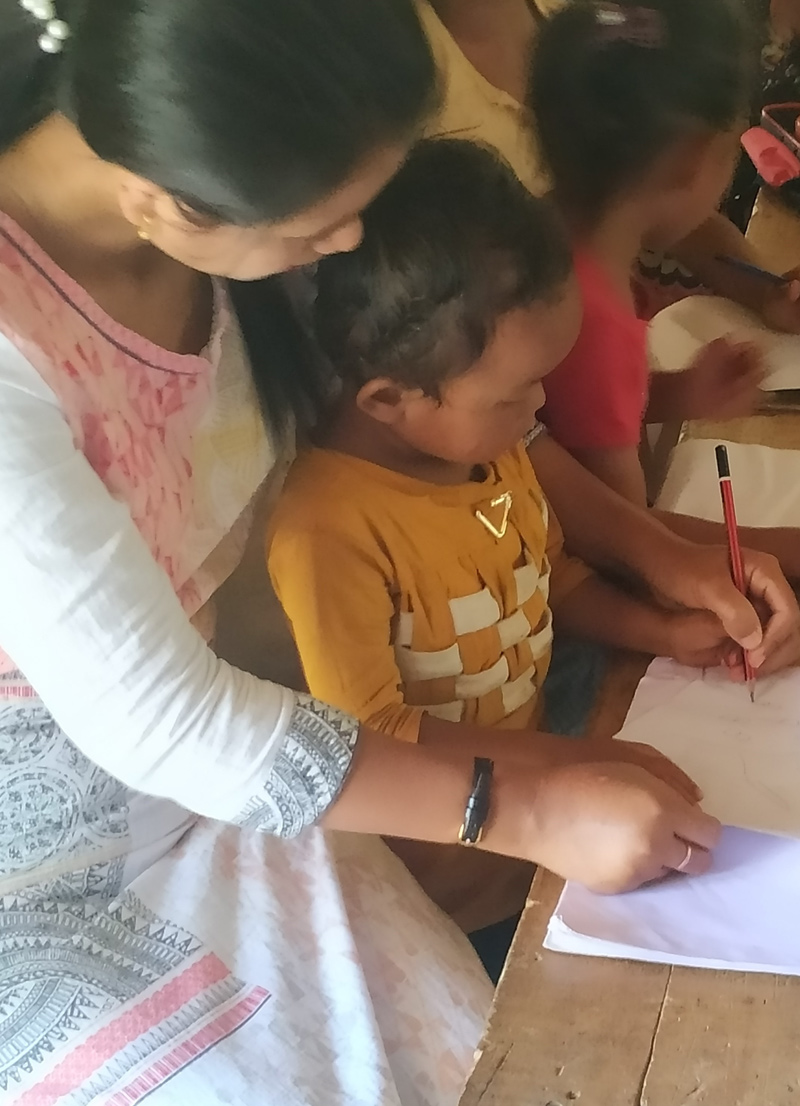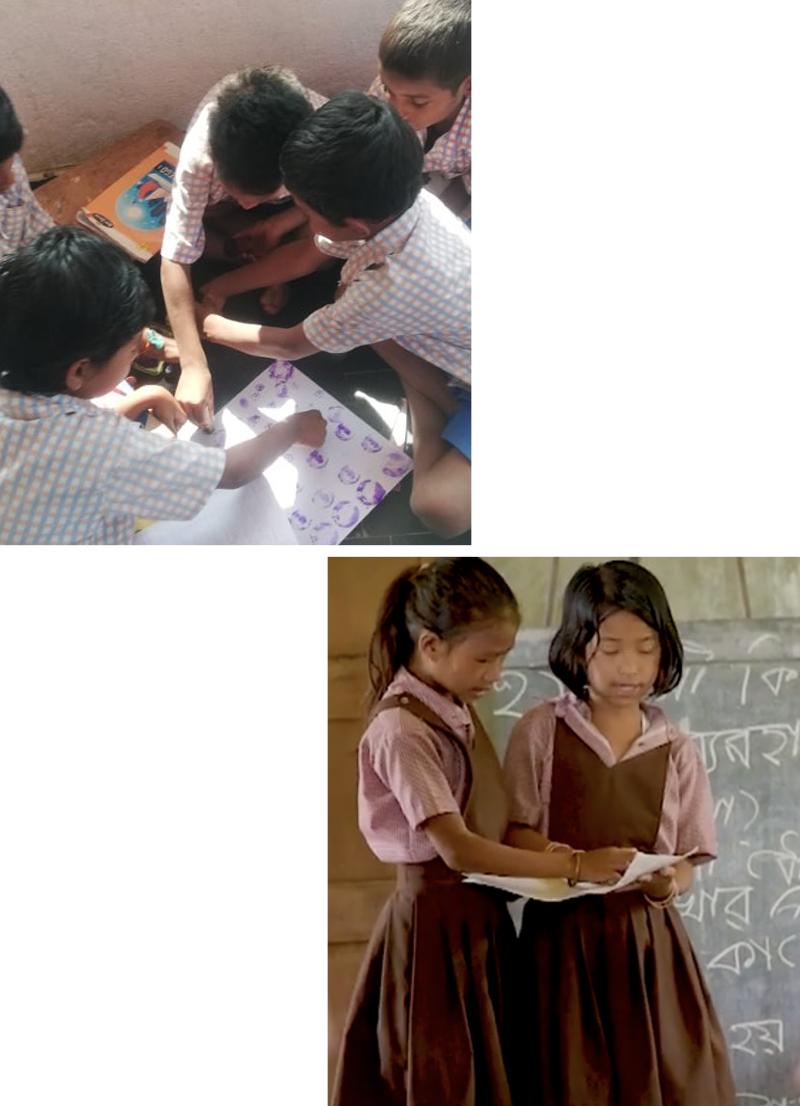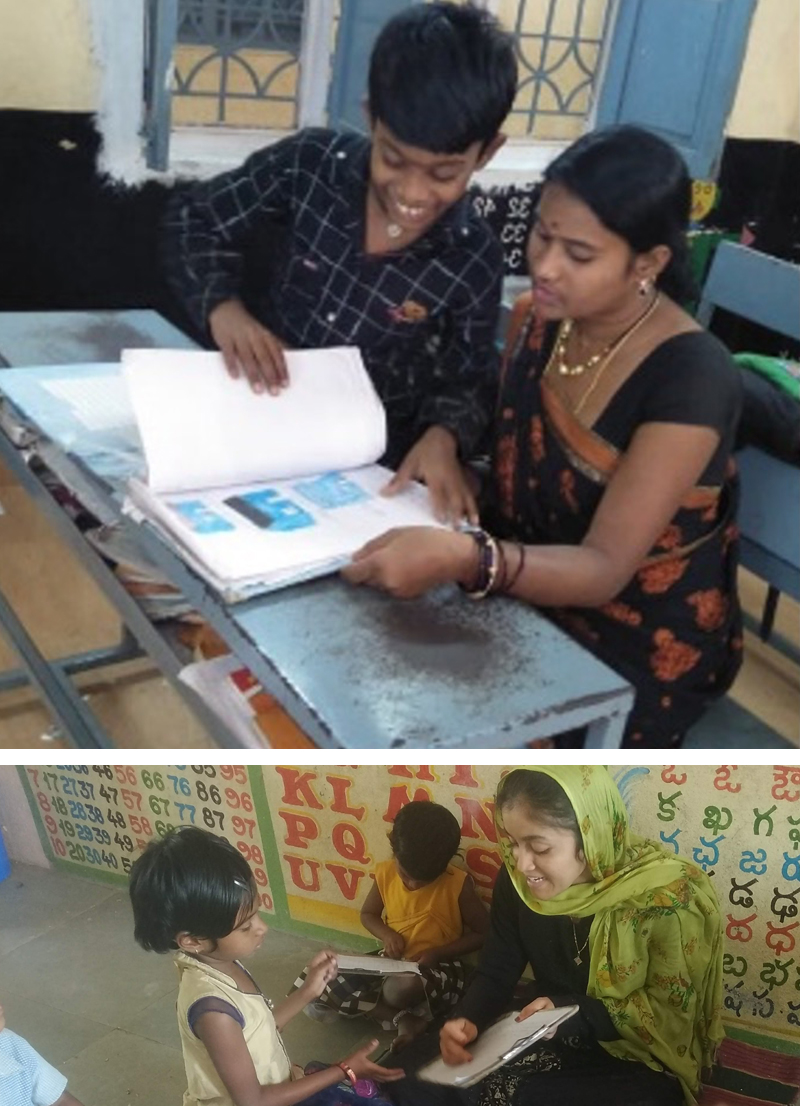Learning is an ongoing and continuous process. The initial exposure generates the need to invest our attention towards a subject or task. And then experience brings us insights and leads to self-reflection and a need for feedback to improve understanding and performance.
And the efforts towards sustained practice ensure that the journey of learning remains unending.
In the present classroom processes, the focus on self-reflection and feedback is largely missing. Exams fail to provide the timely input on how the learner can make efforts towards reaching their learning goal.
The current process of assessment through regular testing, mid and end year exams become a judgment tool in providing a measurement of a child’s ability to learn.




